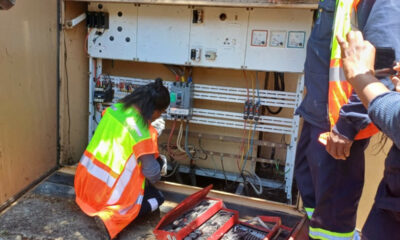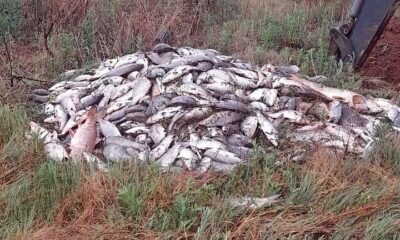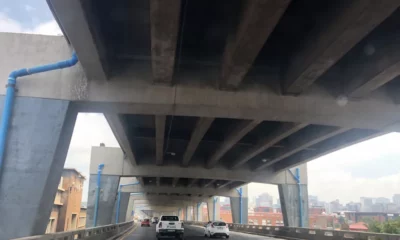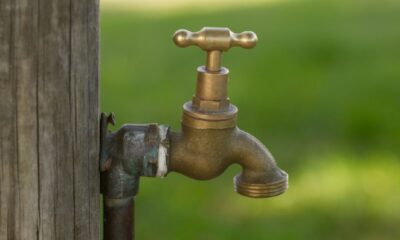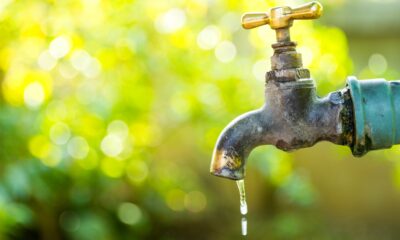Best of Johannesburg
Why Is My Tap Water Brown? 5 Common Causes in Joburg
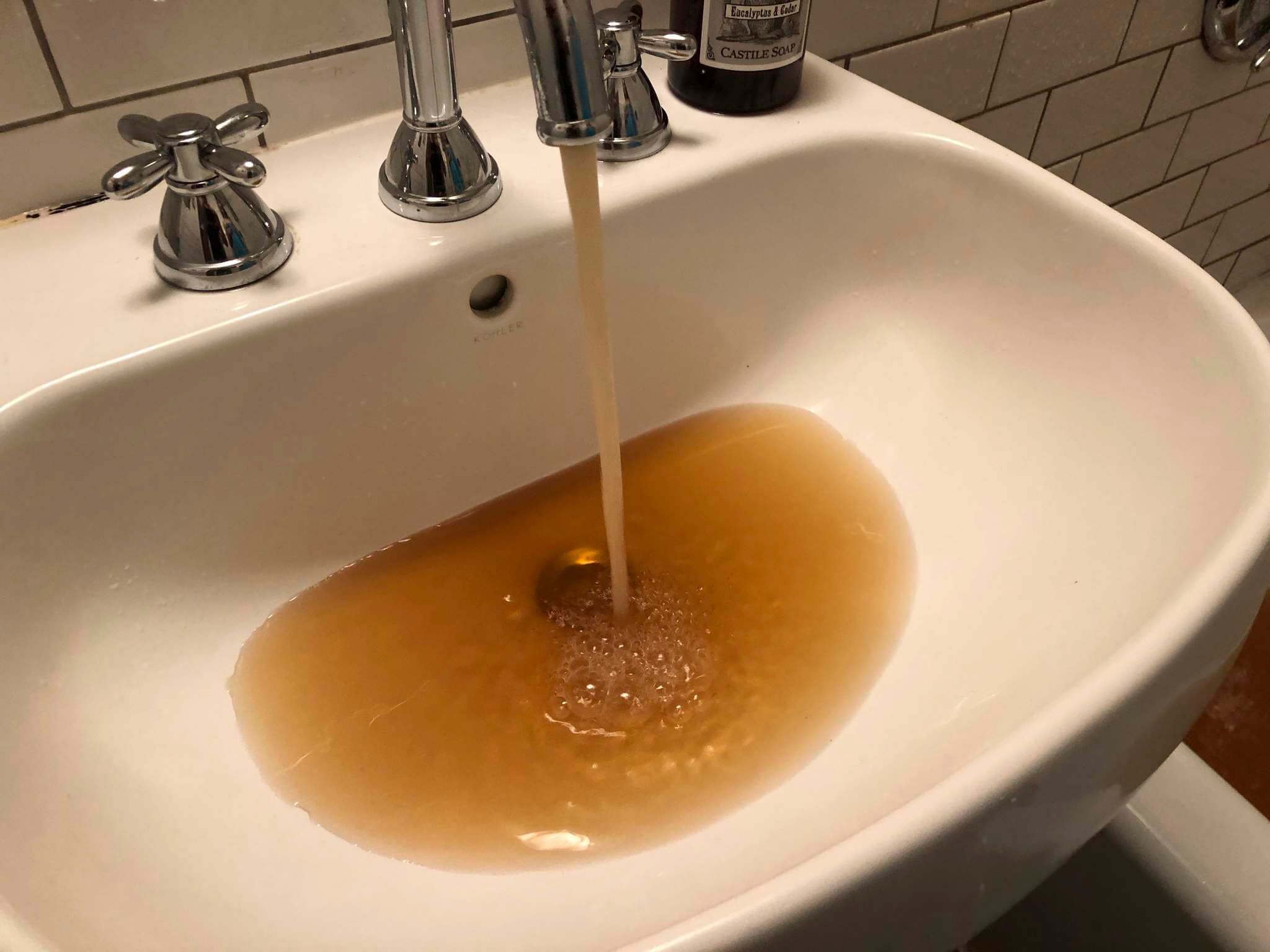
Because nobody wants to make coffee with water that looks like rooibos.
You turn on the tap, and instead of clear water, you get a stream of brown water. It’s an all-too-familiar scene for many Joburg residents – and while it’s often harmless, it still raises eyebrows (and sometimes blood pressure).
So, what causes brown tap water in Johannesburg? Is it safe to drink? And when should you worry? Here’s your 2025 guide to understanding the discolouration – and what to do about it.
Also read: Can You Claim for Power Cuts or Water Outages in Joburg 2025?
1. Sediment Stirred in Old Municipal Pipes
Johannesburg’s ageing water mains are prone to sediment build-up, mostly iron and manganese. When pressure changes happen (from bursts, hydrant use, or maintenance), that sediment gets stirred and flows straight out of your taps.
What to do: Run your cold water tap for 3–5 minutes. If the water clears, it’s a temporary disturbance. If not – and your neighbours are seeing the same – contact Joburg Water.
2. Corroded Plumbing in Older Homes
Many older Joburg homes (built pre-1990s) still have galvanised or iron piping, which corrodes over time. This corrosion releases rust into your water supply, giving it a reddish-brown hue and sometimes a metallic taste.
How to spot it: If only one tap is affected, or only hot water is discoloured, it’s likely your plumbing – not the municipal supply.
What to do: Get a licensed plumber to inspect your system. Replacing old pipes or flushing your geyser may be needed.
3. Iron and Manganese in the Water Supply
These minerals occur naturally in South African water sources – borehole or municipal. While not dangerous at low levels, they discolour water, stain white laundry, and affect taste.
What to do: If you use borehole water, get it tested and consider a filtration system. If you’re on city water and it’s consistently brown, report it to Joburg Water.

Image 1: Green Matters
4. Could It Be Something More Serious?
Brown water is usually just a visual nuisance – but not always. If your water smells odd (like rotten eggs, fuel, or mildew), feels slimy, or causes upset stomachs, it might be contaminated.
Watch for:
-
Oily sheens or slimy textures
-
Strong odours (sulphur, petrol, mould)
-
Health symptoms or stains that won’t wash away
What to do: Stop using the water immediately. Get it tested or alert your local water utility.
5. What Joburgers Are Saying – and Doing
On community pages like Facebook groups and Nextdoor, Joburgers often report brown water after power cuts, water outages, or pipe repairs. Many flush taps and wait. Others rely on kettle filters, bottled water, or install full-home filtration systems.
Quick checklist:
-
Run cold water for 5–10 minutes
-
Check if one tap or all are affected
-
Compare notes with neighbours
-
Report persistent problems to Joburg Water
-
Call a plumber if it’s isolated to your home
-
Consider a water filter for peace of mind
Don’t Panic, But Don’t Ignore It
In Johannesburg, brown tap water is usually linked to ageing pipes, stirred-up sediment, or mineral content – not a health hazard. But it’s still a warning sign. Clean water isn’t a luxury; it’s a right. Stay alert, take action when needed, and trust your instincts. If the water looks or smells wrong – don’t use it.
Also read: Emergency Water Safety: How to Purify Tap Water in Johannesburg
Follow Joburg ETC on Facebook, Twitter , TikTok and Instagram
For more News in Johannesburg, visit joburgetc.com
Featured Image: Gold Coast Plumbing Company

